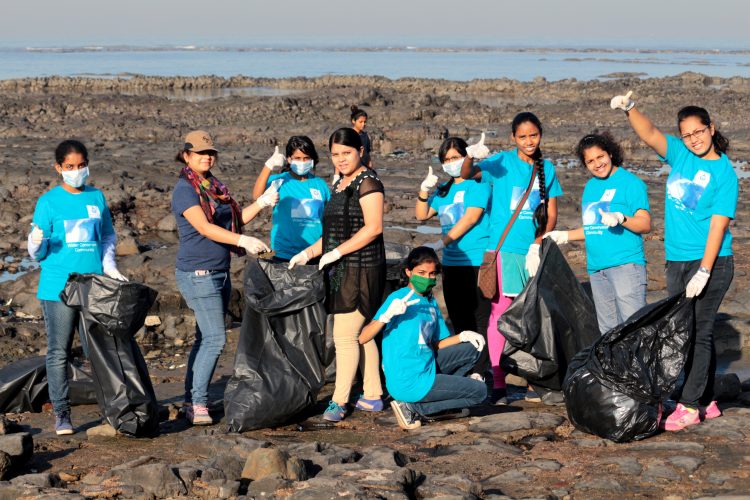It is difficult to cure acne, however with the right treatment, it can be controlled. Some of the most common types of medicines to treat acne include Salicylic acid like Stridex or Propa pH, benzoyl peroxide like Triaz or Brevoxyl and other oral and topical antibiotics including tetracycline, clindamycin, erythromycin and doxycycline. Acne treatment is necessary to unclog pores, encourage skin cell shedding, clear up or reduce acne spots, limit growth of bacteria and inhibit production of sebum. Treatments for acne are available from dermatologists, pharmacies and doctors.
No treatment is needed for occasional spots. Water based over the counter cosmetics and cover-up-creams are used popularly to treat acne. Relief is obtained with conventional treatment if it is difficult to eliminate outbreaks of acne. It must be noted that there could be some side effects to certain therapies, hence caution should be maintained before proceeding to a new treatment. Treatment from a skin specialist or dermatologist is needed by people with persistent and severe cases of acne. Non-prescription treatments for acne include using soap and water to reduce excess oil in the skin and using cleansers.
- How Can I Reduce Pimples On My Face?
A few things must be religiously followed to reduce pimples on the face. Whether you have an acne problem or not, always keep the face clean by washing it twice daily to get rid of extra oil, skin cells that are dead on the skin and remove impurities. The next thing  is to moisturize the skin and use cosmetics and makeup sparingly. Popping pimples can be harmful and so the best way to go, is prevention. Regimes for basic skin care must be followed. Following a good lifestyle, good hygiene, washing towels and pillow covers regularly, using non-comedogenic skin care and makeup products, regular moisturizing, exercising regularly, taking ample rest, avoiding touching the face and eating a balanced and healthy diet is very essential to avoid getting pimples.
is to moisturize the skin and use cosmetics and makeup sparingly. Popping pimples can be harmful and so the best way to go, is prevention. Regimes for basic skin care must be followed. Following a good lifestyle, good hygiene, washing towels and pillow covers regularly, using non-comedogenic skin care and makeup products, regular moisturizing, exercising regularly, taking ample rest, avoiding touching the face and eating a balanced and healthy diet is very essential to avoid getting pimples.
- What Is Good For My Acne?
Natural remedies like applying orange juice on the affected area, applying toothpaste over the pimples to quickly dry them, applying a mixture of lemon juice and baking soda, rubbing aloe vera on pimple prone skin, applying juice of mint leaves on the pimples overnight, rubbing ice, applying apple cider vinegar, oatmeal and honey are excellent in treating pimples and keeping pimples at bay. Aroma oils like tea tree oil and Neutrogena oil are also good remedies to help prevent pimples.
Lemons are excellent disinfectants, skin lighteners and exfoliants to prevent formation of new pimples and reduce appearance of scars. A face mask made from honey and cinnamon is a good remedy to stop bacterial growth on the skin. Rubbing honey or yoghurt into the skin can improve skin tone and reduce outbreaks of pimples. An affordable method to fade scars and blemishes and reduce acne is to whip up some egg whites and apply on the skin. Apply mashed papaya on the skin to reduce inflammation and prevent pus formation in pimples. Applying orange peel paste on the skin helps open clogged pores and improves overall health of skin.
What Can I Use To Treat Acne?
Acne is not difficult to treat. This skin condition is caused by bacteria and extra dead skin and oil may clog up pores on the skin. Face masks of different sorts can be used to improve this condition. Orange peels contain citric acid, vitamin C and astringent properties to promote growth of healthy new cells and keep the skin in an overall better condition. Face masks of different sorts can be made with orange peel paste.
Brown or white sugar is used to make an excellent sugar scrub to open clogged pores, get rid of dead cells and get excess oil on the skin. Simply mix a few drops of plain water, olive oil, honey and white or brown sugar to make the sugar scrub. This is an excellent remedy to get rid of acne woes.
Another home remedy for acne is to blend together honey and mashed fresh strawberries, rub the paste into the skin and leave it on the skin for about 20 minutes. This will help encourage new growth of new cells and prevent clogging of pores.
Sodium bicarbonate contains mild antiseptic properties and can help dry up excess oil on the skin, get rid of fungus and exfoliate the skin. Simply mix together a thick paste of equal parts of water and baking soda. Massage for 2 minutes in slow circular motions on the skin and leave the paste on for 20 minutes. Then rinse thoroughly with warm water and pat the skin dry.







